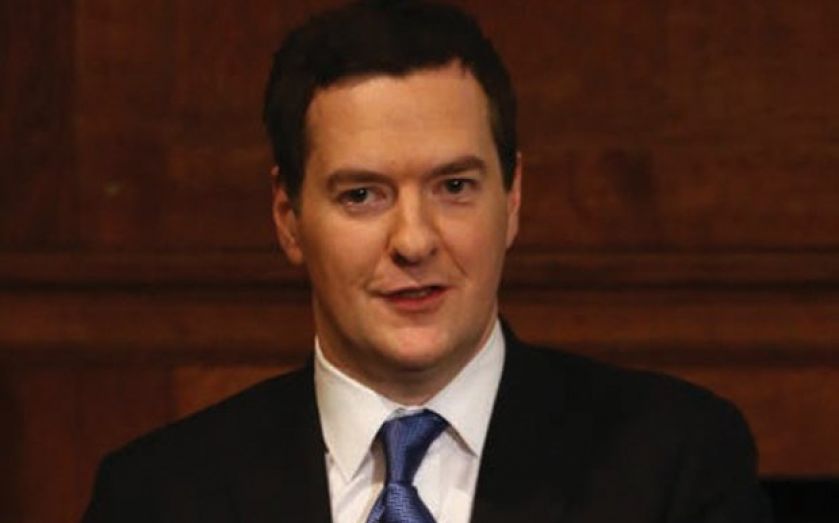Osborne slams EU status quo in reform speech

CHANCELLOR George Osborne insisted that the European Union must reform or become an irrelevance yesterday, warning that the UK would not be forced into joining the single currency.
Speaking at think tank Open Europe’s conference on EU reform, Osborne said he was glad that the UK had not joined the single currency, insisting that there must be a place for countries in the EU but outside of the Eurozone.
Arguing in favour of further free trade agreements and a single market in services, Osborne said: “There aren’t two debates. There is one debate, and getting the economics right is not sufficient to persuade people of the merits of the EU, other constitutional change is needed. But getting the economics right is absolutely necessary to persuade people of the merits.”
Osborne voiced fears that the UK’s financial regulation could be determined centrally by the bloc voting of Eurozone countries after 2016, but maintained that the UK had negotiated safeguards to prevent this.
The chancellor also added that the UK’s financial industry is without parallel in the single market: “The City of London is not, as some of our continental friends kid themselves, in competition with Paris and Frankfurt. It is in competition with New York, Hong Kong and Singapore.”
Colin Stanbridge of the London Chamber of Commerce and Industry (LCCI) said: “A true single market providing a level playing field for all is still incomplete, which is holding back the capital’s full economic potential, and business-related regulations are costly and time-consuming especially for small- and medium-sized enterprises.”
Responding positively to the speech, John Longworth, director general of the British Chambers of Commerce added that UK businesses wanted more detail about the negotiations ahead of the EU referendum planned for 2017.
“The chancellor has set out a strong case for reform, but it has been a year since the Prime Minister announced his intentions on Europe, and we are still yet to learn what areas he will seek to negotiate,” he said.
Longworth added: “Firms want action on areas such as employment and health and safety laws, but also more information, so that they can plan ahead to invest and explore international markets.”